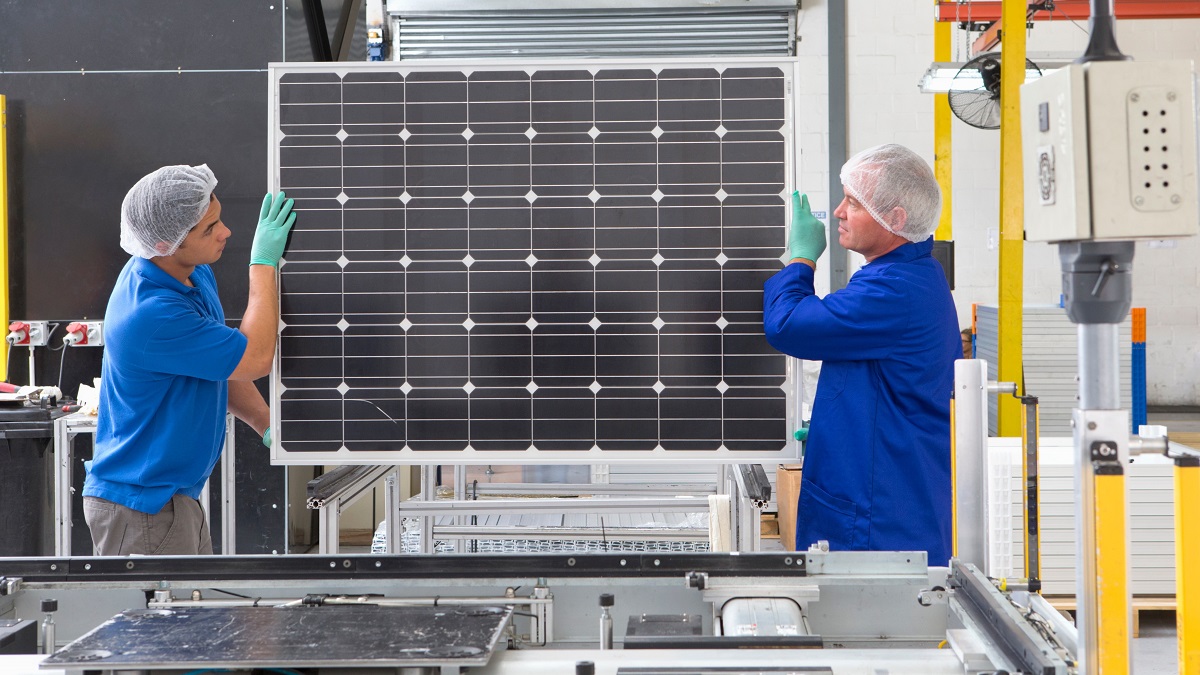Reforms are essential to ensure investment treaties and associated investor-state disputes don’t hinder countries’ efforts to tackle climate change.

© Juice Flair/Shutterstock
UNCTAD has launched two issues’ notes dealing with the international investment treaty regime and climate action.
A note entitled “International Investment Treaty Regime and Climate Action” provides countries with policy recommendations on reforming the regime to make it more aligned with climate action and other public policy imperatives.
And another note entitled “Treaty-based Investor-State Dispute Settlement Cases and Climate Action” takes stock of such cases related to measures or sectors of direct relevance to climate action.
Why reforms are needed
“The current international investment agreements (IIAs) regime can constrain states when implementing measures to combat climate change,” the first note says.
The IIA regime comprises about 3,300 treaties. Old-generation IIAs concluded between the 1980s and the early 2010s were often concluded with little or no attention to host states’ regulatory flexibility for environmental protection and climate action.
UNCTAD urges reform of the IIA regime to ensure investment treaties don’t hinder states from achieving a just transition to low-carbon economies.
The reforms should minimize states’ risk of facing investor–state dispute settlement (ISDS) claims related to climate change policies or from investors with high-carbon investments.
The 2022 Intergovernmental Panel on Climate Change report highlighted the risks of ISDS being used to challenge climate policies.
While new-generation IIAs signed since 2010 fare relatively better in safeguarding states’ right to regulate and incorporate specific provisions on the protection of the environment, they still lack proactive provisions aimed at effectively supporting climate action.
Cases against climate policies cause concern
Many past ISDS cases were related to measures or sectors of direct relevance to climate action. Investor claimants brought at least 175 IIA-based ISDS cases in relation to measures taken for the protection of the environment between 1987 and 2021.
Investors in the fossil fuel sector have been frequent ISDS claimants, initiating at least 192 ISDS cases against different types of state conduct.
The last decade has also seen the emergence and proliferation of ISDS cases brought by investors in the renewable energy sector, with 80 known cases.
ISDS is costly. Disputing parties – including the respondent states – incur significant costs for the arbitrators’ work, the administration of proceedings and legal representation, all of which amount to several million dollars or more.
Also, claimants and respondent states face several years of uncertainty while ISDS proceedings are ongoing. "The amounts at stake in ISDS proceedings can be hundreds of millions or even billions of dollars,” the second note says.
ISDS proceedings may also have reputational costs for respondent states.
Immediate IIA reform steps are needed to alleviate such risks and create the necessary policy space for states to take urgent climate action, including through a higher level of flexibility in undertaking regulatory changes.
States have options to reform investment treaty networks
According to UNCTAD, states have options and tools at their disposal to reform their existing IIAs, including based on the IIA Reform Accelerator, the IIA Reform Package and UNCTAD’s Investment Policy Framework for Sustainable Development.
UNCTAD identifies two broad approaches to reforming the IIA regime for climate action:
- Making individual IIAs climate-responsive by limiting treaty coverage to sustainable investments and by safeguarding the right and duty of states to regulate in the public interest. This can be coupled with provisions aimed at promoting and facilitating sustainable investment.
- Exploring the possibilities to reconceptualize the scope, purpose and design of the IIA regime through engagement in holistic IIA reform actions at the multilateral, regional, bilateral and national levels.
Reforms are more urgent than ever
UNCTAD will intensify its work with governments and other stakeholders to support efforts aimed at making the IIA regime more aligned with public policy concerns, including those relating to climate change.
While effective and holistic reform of the whole IIA regime is preferable, for example via a coordinated multilateral approach, UNCTAD says smaller scale reforms of individual IIAs shouldn’t be deferred in the hope of a future reform of the whole IIA regime.


